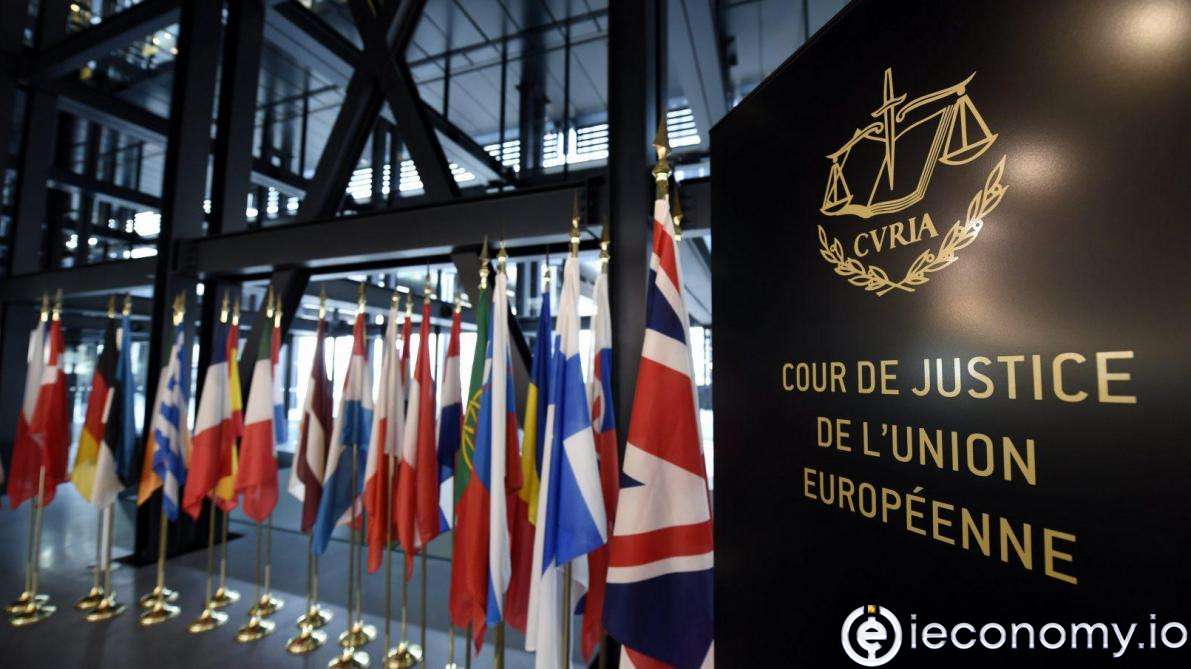6561
0
Belgium has lost dispute over the tax advantages
Belgium has lost dispute over the tax advantages. Belgium has granted a tax advantage to more than 30 multinational companies.

Yazar: Tom Roberts
Yayınlanma: 17 Eylül 2021 07:37
Güncellenme: 3 Mart 2026 01:42
Belgium has lost dispute over the tax advantages
Belgium has lost dispute over the tax advantages it has granted to multinational companies. The Court of Justice of the European Union ruled on Thursday that the European Commission (EC) was right when it described the benefits as illegal state aid and ordered Belgium to recover tax arrears from companies. In total, it is about 700 million euros. Belgium has granted a tax advantage to more than 30 multinational companies. The verdict of the EU Supreme Court is a victory for the Commission as the EU regulator and free market defender. The EC has so far won three similar cases in a lower court, but has failed in two. The court did not agree with her that the American company Apple should pay 13 billion euros in Ireland, because it has benefited from illegal tax benefits for years. The Commission rejected this claim by a lower EU judiciary last year. In 2016, in its decision, the Commission ordered Belgium to recover around € 700 million from companies that benefited from the tax advantage. These included the American company Magnetrol, the British mining colossus BP, the German chemical manufacturer BASF and companies such as Wabco, Cellio, Atlas Copco and Belgacom, which now operate on the market under the name Proximus. In total, there were more than 30 multinational companies. The European Commission has stated that a series of tax decisions to help companies constitute state aid. The Commission's involvement in this matter was part of an effort by its Vice-President, Margrethe Vestager, to take action against friendly agreements between EU countries and multinationals. Vestager, who is in charge of competition in the EC, started the fight against these arrangements almost ten years ago. The Court of Justice of the EU agrees with the arguments of the Commission, according to it, the lower court committed several legal errors. "The Commission has correctly assessed that this is state aid," said EU Supreme Court judges. According to the judges, the sample of 22 out of a total of 66 tax rulings submitted by the commission was sufficient to show the systematic approach of the Belgian authorities. The judges referred the case back to the General Court, a lower court. It was in 2019 that the commission's decision from 2016 annulled. The final verdict in the case cannot be expected for some time, said lawyer Koen Platteau, who is a partner in the law firm Simmons + Simmons. "It does not mean that the judicial review process is over. The case returns to a lower instance, which will have to decide on the other arguments put forward by Belgium - including the existence of state aid, "Platteaua was quoted as saying by Reuters. The judges referred the case back to the lower tribunal, asking it to examine whether the Belgian authorities' conduct could be regarded as State aid and whether the regulators were in law when they ordered the aid granted to be repaid. Following the decision of the lower court, in 2019 the commission opened a separate investigation into 39 companies that benefited from tax verdicts in Belgium, and at the same time appealed against the decision. Other similar cases that have not yet been completed at EU level include the tax conventions of the American sports accessories manufacturer Nike and the Swedish furniture colossus IKEA in the Netherlands, as well as the tax advantage agreement of the Finnish company Huhtamaki in Luxembourg.İLGİLİ HABERLER





European stocks soared and focus shifted to German retail sales after Powell's speech!

Forex Signal For TRY/USD: Inflation Slowdown in November.

Forex Signal For GBP/USD: Bullish Trend Still Not Breaking While Recovery Continues.

Forex Signal For EUR/USD: Starry US Data Points to Higher Fed Increases.

Forex Signal For BTC/USD: Downside Continues as Bitcoin Recovery Moves Less.
En Popüler Haberler
Yorum Yap
Yorumlar
Henüz yorum yapan yok! İlk yorumu siz yapın...